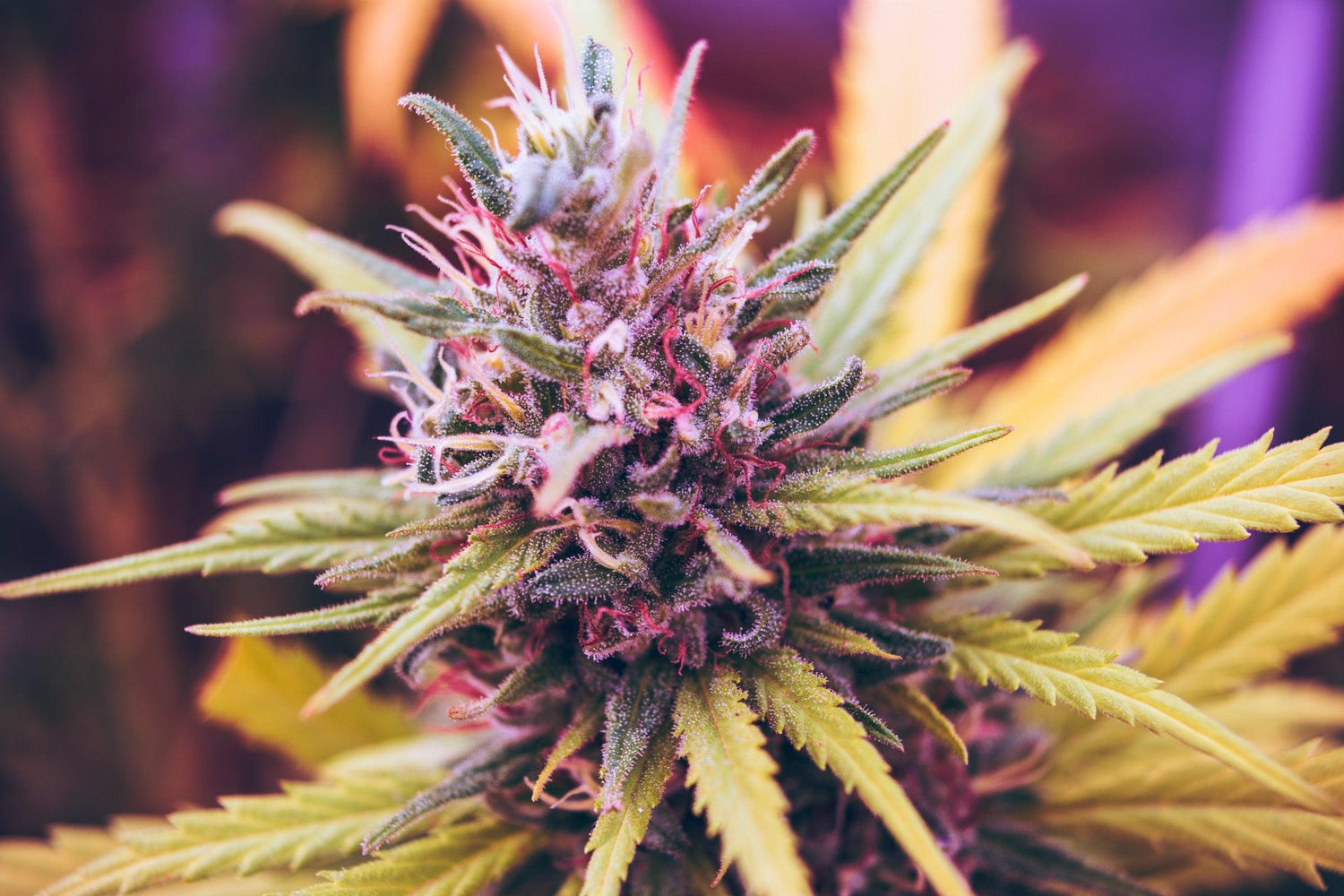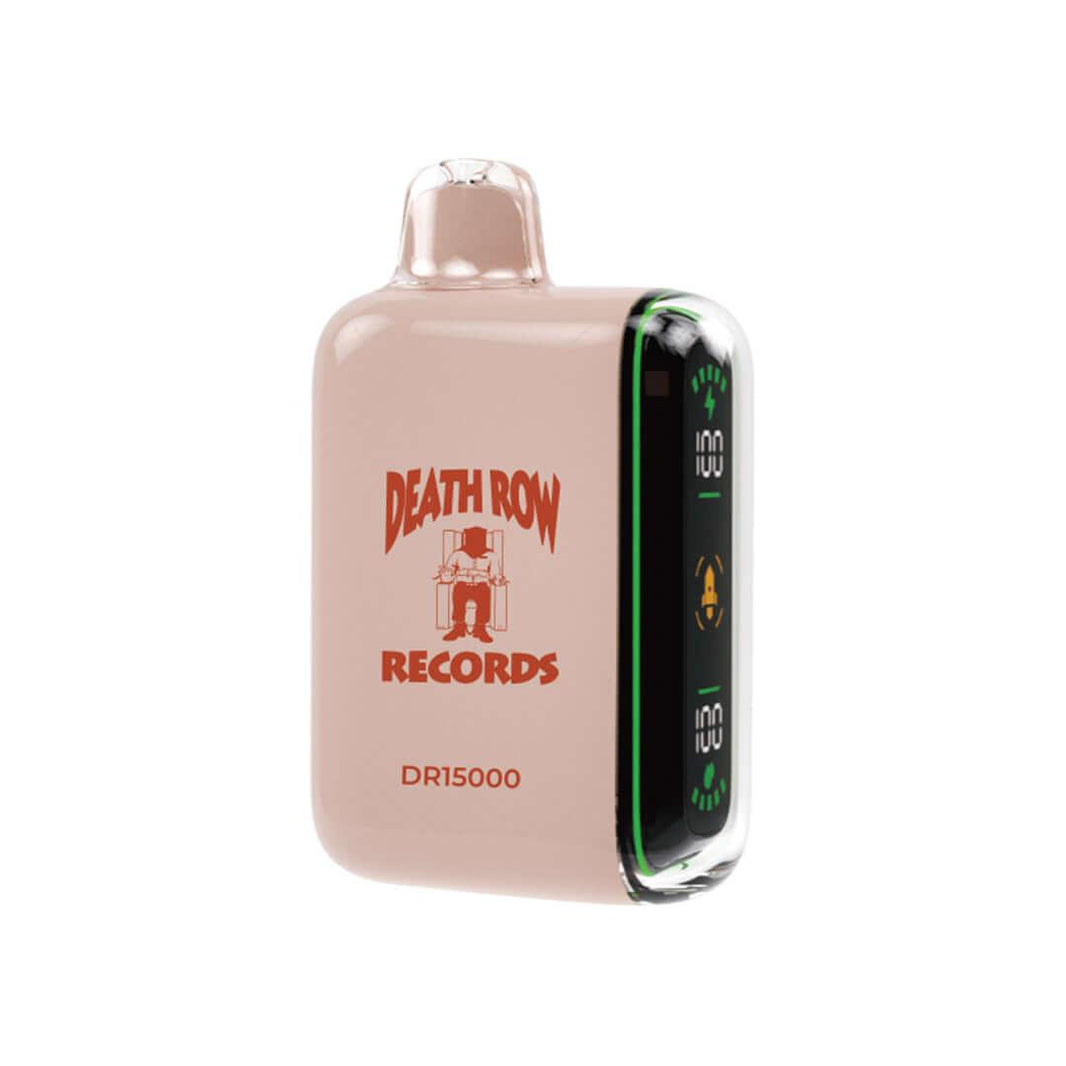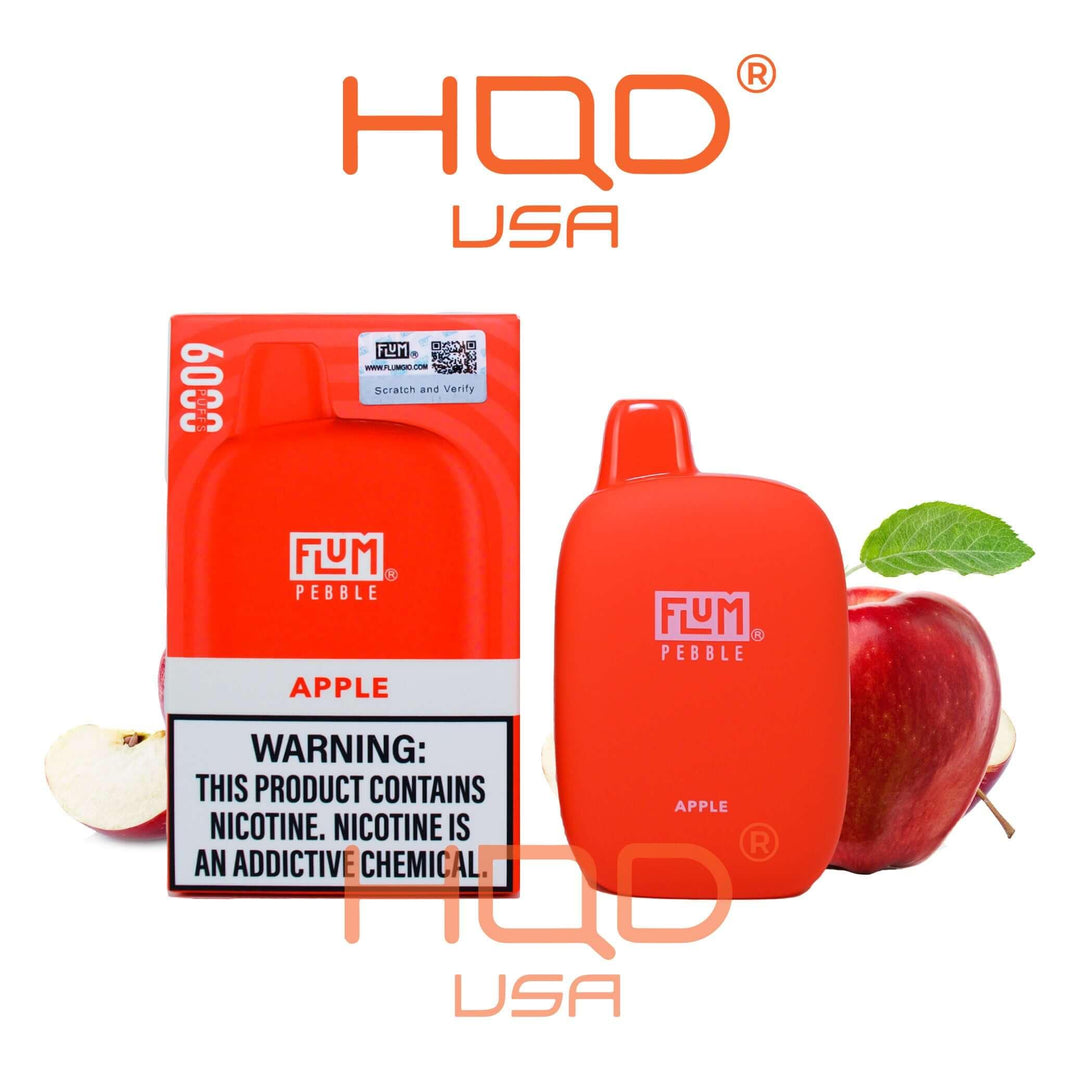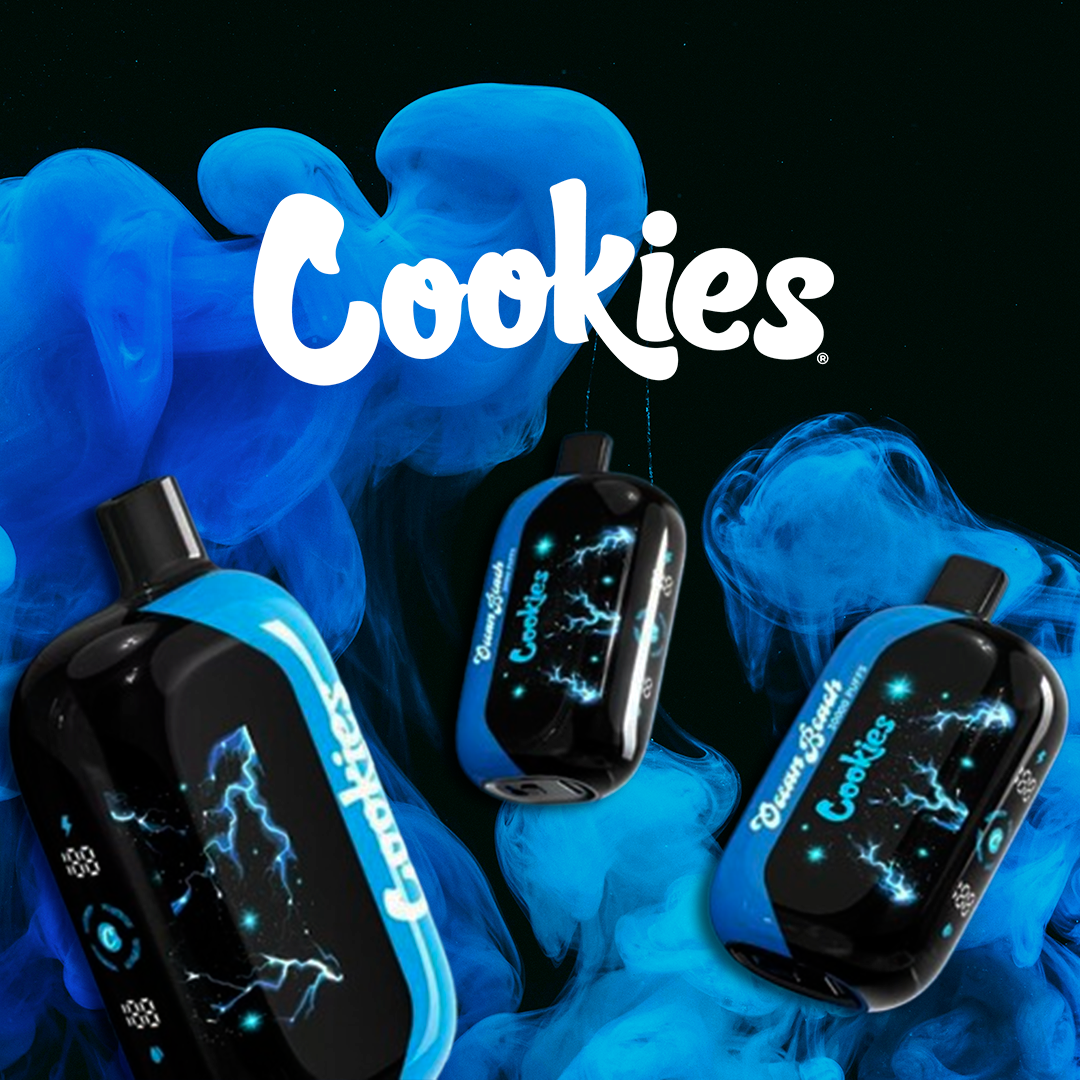
THCa vs THC: The Ultimate Guide
When people think about cannabis, the first thing that comes to mind is often THC — the well-known compound that gets you “high.” But in the world of cannabis, there's a lot more going on, especially when it comes to THCa vs THC. THCa is a precursor to THC and it has recently gained nationwide legal status in the U.S. thanks to the 2018 Farm Bill. And here’s the kicker: when you smoke or vape THCa, it transforms into THC, giving you all the familiar effects of cannabis. Let’s dive into why this exciting compound is the new star of the show!
THCa and the Farm Bill: The Legal Loophole

In 2018, the U.S. government passed the Farm Bill, a piece of legislation that changed the game for cannabis lovers across the country. This bill legalized hemp-derived products, including any cannabinoid, extract, or derivative that contains less than 0.3% THC on a dry weight basis. But here's the secret: THCa is not technically THC — until it's heated.
Because THCa is non-psychoactive in its raw form, it falls under the federally legal category established by the Farm Bill. That means you can legally purchase products high in THCa, even in states where THC is still prohibited. Essentially, the Farm Bill opened a legal loophole that allows cannabis enthusiasts to access potent cannabis products as long as they’re mainly consisting of THCa.
What Makes THCa So Special?

Understanding the difference between THCa vs THC helps you appreciate the vesatility and effects of each compound. THCa, or tetrahydrocannabinolic acid, is the raw form of THC found in fresh cannabis. When you look at a cannabis plant, most of what you’re seeing is actually THCa — not THC. THCa is a precursor to THC, and it needs a little bit of a push to unlock its full potential. That “push” is heat.
When you smoke, vape, or even bake with cannabis, you’re applying heat, which causes a chemical reaction called decarboxylation. This process converts THCa into THC, the psychoactive compound that most people associate with cannabis. This means that, once combusted, THCa delivers all the same effects as THC, including euphoria, relaxation, and the ability to stimulate appetite and relieve pain.
Why THCa is the Perfect Choice for the Curious Consumer

THCa is a great option for anyone who wants to explore cannabis in its most versatile form. In its raw state, it won't make you high, allowing you to enjoy some of the potential health benefits without any psychoactive effects. Many people choose to juice the raw flower making it perfect for anyone who wants to use cannabis but doesn't want to feel "stoned."
But if you’re in the mood to get the full experience, simply smoke, vape, or cook it up, and voilà — THCa turns into THC, giving you all the effects you know and love. This versatility makes these products an exciting choice for both new users and experienced cannabis enthusiasts who are looking for an easy and legal way to score without the inconvenience or cost of a medical marijuana license.
The Science: THCa’s Potential Benefits Before and After Heating

When comparing THCa vs THC, it's important to note how to take advantage of their benefits, depending on whether the compounds are consumed raw or heated. In its raw form, THCa offers a range of possible health benefits. Preliminary studies suggest that THCa may have anti-inflammatory, neuroprotective, and anti-emetic properties, making it a great option for those looking for natural ways to manage conditions like arthritis, neurodegenerative diseases, or nausea.
However, once heated and converted into THC, all of the well-documented benefits of THC come into play:
- Pain Relief: THC is renowned for its analgesic properties, making it an effective choice for managing pain.
- Appetite Stimulation: Got the munchies? THC is great for those who need help increasing their appetite, such as patients undergoing chemotherapy.
- Mood Enhancement: THC can help alleviate anxiety and improve mood for many users.
How to Enjoy THCa Legally

Thanks to the 2018 Farm Bill, you can enjoy THCa legally in most states. You can find it in several forms, including raw THCa flower, tinctures, concentrates, and edibles. Just remember that while it is federally legal in its unheated state, once you apply heat (smoking or vaping), it converts into good old THC, which may not be legal in some states.
If you’re looking to stay on the safe side, check your local laws and regulations before purchasing or consuming THCa products. Remember, it’s always a good idea to start slow, especially if you’re new to cannabis, to see how your body responds to either its raw or activated form. When shopping for products, look for the best THCa flower that meets your preferences and potency needs to ensure a quality experience. The internationally renowned Cookies brand cannabis and other federally compliant, lab tested products are a great place to start.
Final Thoughts: THCa is Cannabis's Hidden Gem

THCa is quickly becoming the star of the cannabis world, and for good reason. It offers all the potential benefits of cannabis without the psychoactive effects — unless you want them! With its newfound legal status under the Farm Bill, THCa is an exciting option for anyone looking to explore cannabis in a versatile, legal, and accessible way.
So whether you’re interested in the health benefits of raw THCa or the psychoactive effects after it's been heated, there are plenty of ways to explore this compound, from concentrates to THCa flower. Give it a try and see for yourself why it’s the new undercover star of cannabis!
Sources:
- U.S. Farm Bill of 2018, Public Law No: 115-334.
- Rock, E. M., et al. (2013). "Cannabidiol, cannabidiolic acid, Δ9-tetrahydrocannabinol and their respective acid forms: their medicinal chemistry and therapeutic potential." European Journal of Pharmacology.




